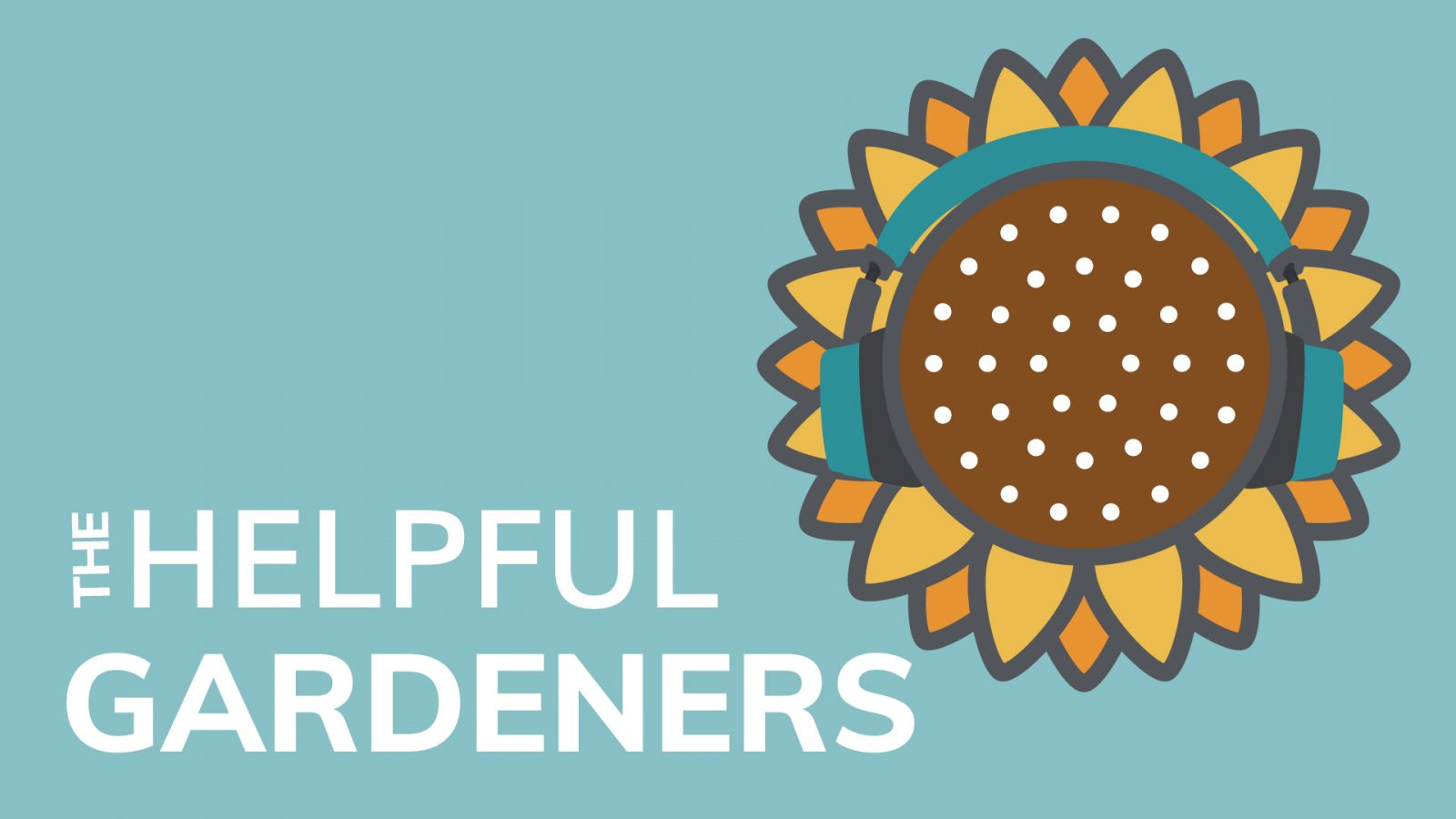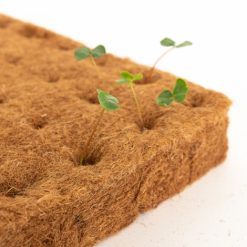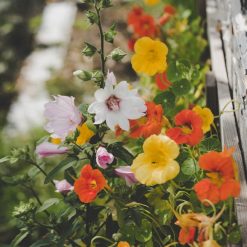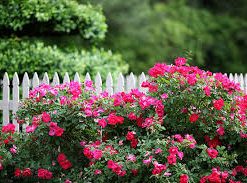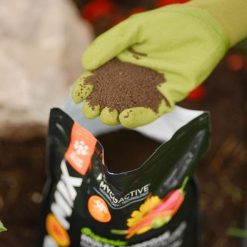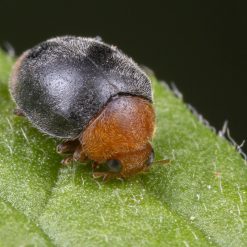Gardening is a personal journey. There’s so many ways to approach it, including the organic approach. A decade ago, much like with gluten free and vegan options, there wasn’t much on the market for organic options. In recent years, there has been a push toward offering more ecofriendly products to aid every part of the growing process. Let’s dive into some of those options today.
Starting from Seed
You may already be familiar with brands that carry a line of organic seeds, or branded as organic. There’s definitely more of a market for organic in food seeds, however there are still flower options as well.
Organic Certifications
Some regions across the country, like BC, require advertised organic products to carry a certification from governing bodies such as OMRI. This is optional for some regions such as Alberta. These certifications offer transparency for the consumer when choosing products suitable for their needs. This is much like when choosing vegan or celiac products at the grocery store. Here are a few examples of certifications you may encounter on products in Canada.
The Growing Medium
There are many opportunities to include organic in your gardening with growing mediums and amendments. Compost is the most popular way either by purchasing a bag at your local garden centre or making your own at home. There are ‘living soils’ that are rich with expertly calculated nutrients to give you the best mix for your garden. Amendments, like Annelida worm castings, use natures organisms and resources to produce incredible nutrients for your garden.
Growing in Pots
Organic and sustainable often go hand in hand. For the longest time, peat pots offered a way for growers to start plants in a pot that could be planted directly in the garden. In recent years, the options for ‘plantable’ pots has grown. Now, you can find more sustainable resources on the market including coconut coir (the husk on a coconut), and even hemp based products like ‘terrafibre’.
Fertilizing
Organic fertilizers are gaining momentum, to the point where even the big brands occupying the fertilizer space are developing organic and organic-based options for consumers. Multi-purpose fertilizers are common and great for everything. The market for more niche fertilizers, like rose fertilizers, is slowly growing.
The one thing to note about organic fertilizers is that the macro nutrient count is lower. You may notice a small difference in your crop yield when compared to inorganic fertilizer.
Pest and Weed Control
The #1 way to organically control weeds is by hand weeding. There is a bit of a division with control sprays. Like every other part of the growing process, developments are being made all the time. Big brands, like Scotts, are developing more eco friendly control sprays to tackle weeds when you’re faced with a major outbreak.
The fastest growing control product is biological controls. There is already a balance in your garden of nature fighting nature. However, sometimes that balance is disrupted and requires attention. Predators like ladybugs are not only fun for the kids. They are hungry for aphids and will help control outbreaks. They usually sell out as soon as we’re able to bring them in! There are many biological controls to tackle any issue from Birch Leaf Miner, to thrips, to chinch bugs in your lawn.
*************************
CONNECT WITH US
Thank you so much for supporting our podcast and for making the world a more planty place. Please subscribe, leave a rating or review and listen in for new gardening discussions every week!
Subscribe to our show on Spotify, Apple, and Google
Leave an anonymous voicemail and be featured on the show!
Instagram / Facebook
Email us info@goldenacre.ca (SUBJECT: PODCAST)

